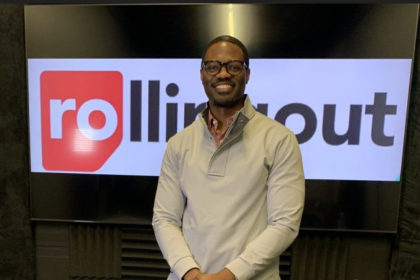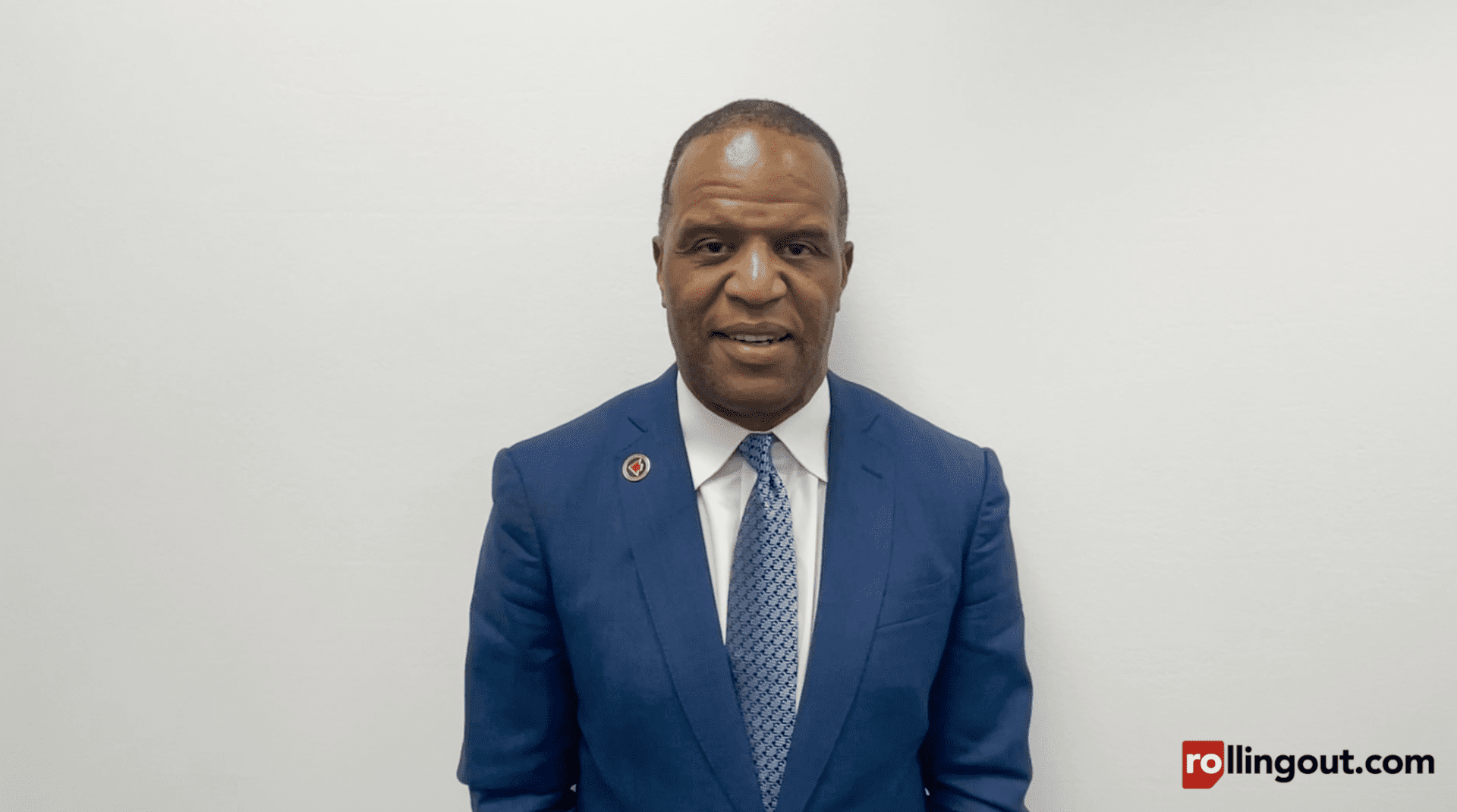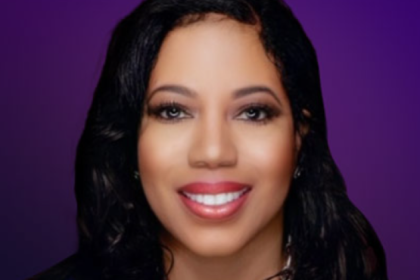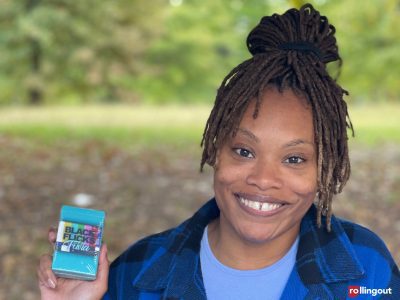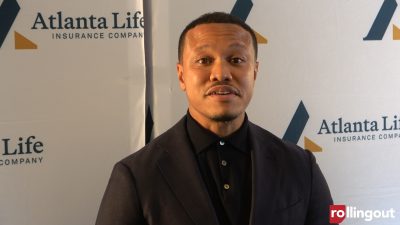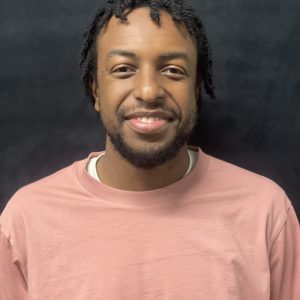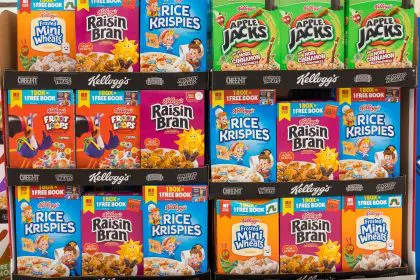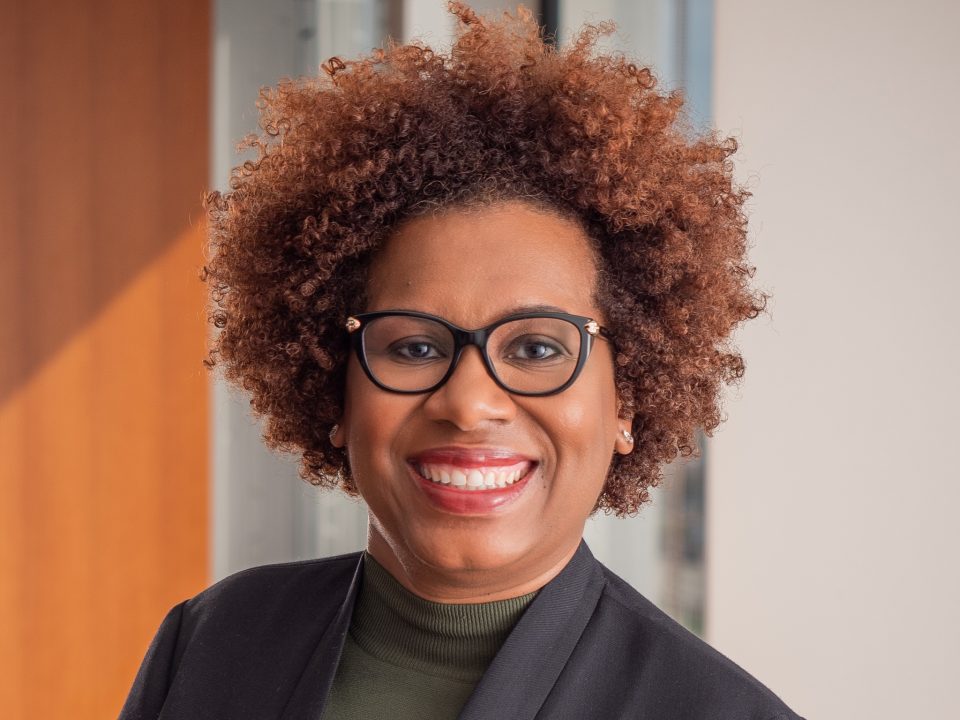
Cheryl Harris understands the significance of her position. A Florida A&M graduate, Harris represents is Allstate‘s chief procurement officer.
Harris spoke to rolling out about her career and how she carries the baton of being a Black female executive.
At what point in life did you know you wanted to enter this line of work?
I say God makes no mistakes. … It’s interesting because I didn’t know how to do more than spell procurement. I actually had my first job [after] leaving FAMU [working] for a company in Minneapolis, and I was hired to do what they call a business systems analyst’s role. I was going to work on this project, and that project lost funding literally two months after I made the move from Tallahassee, [Florida], to Minneapolis. And they basically said, “Cheryl, sorry your project’s losing funding, but we have this entry-level assistant role in our procurement organization. Might you be interested in doing that?”
That was August 1989 and fast-forward now three decades-plus later, as you can tell, I’ve fallen in love with not only the role that I have within procurement, but very specifically the role that I’ve had. That all started at that company in Minneapolis where I was responsible for helping to build out and add diverse suppliers into their supply chain. So this has been a labor of love, and it’s the gift that keeps giving to me and to our community.
How do you manage Allstate’s $12 billion third-party spend portfolio?
We have a team of over 150 employees. I have a team I work with, very talented professionals [who] actually understand the process of procurement. This is like any other profession, it’s like being a lawyer, it’s like being a marketer, being an accountant. We have processes, tools and policies. Because I work with people [who] are committed to making a change, we all show up with passion, passion for ensuring we have the inclusion of people that are different than us, people that are different than large companies.
These companies are minority women, LGBTQ, veteran and disabled-owned businesses. Because they have different lived experiences, they bring a lot of innovation to the table. We take all of those things and find ways to drive a more inclusive supply chain, which requires a different set of skills.
How do you carry the responsibility of having a full-time job, and also teaching the next generation of aspiring Black executives?
I have a few perspectives on that question. I’ll start with my upbringing. Growing up in a multigenerational household, we were always taught to help someone in need even when they didn’t know they had a need, and don’t wait until someone is down-and-out before you start reaching out. So that sense of obligation is just who I am.

